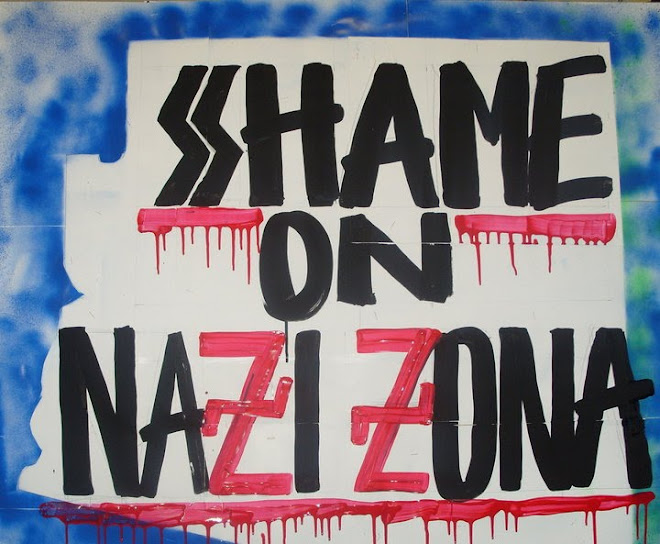From: secondcircuitcivilrights.blogspot.com:
The 30-day deadline to appeal is sacrosanct
The case is Napoli v. Town of New Windsor, decided on March 29. This case alleges that the Town violated a public employee's First Amendment rights. After the district court denied qualified immunity for the named defendant, his lawyer asked the judge in writing to clarify the decision, i.e., whether the Town Supervisor was a policymaker under Monell v. Department of Social Services, 436 U.S. 658 (1978). The district court ruled in plaintiff's favor on these post-motion inquiries.
Qualified immunity denials entitle you to an immediate appeal, even before trial. But you only have 30 days to file a notice of appeal. Those 30 days can fly past you like a summer's day. It's a jurisdictional deadline, so the ease with which you can prepare the notice of appeal is nothing compared to the devastation of missing the deadline by even one day. There are few grounds for an extension, and you should not really count on the district court granting you one.
What happened here was that the defendant did not file the notice of appeal within 30 days of the qualified immunity decision. He did so after the district court resolved the post-motion inquiries. This was too late. The rule is that "when the lower court changes matters of substance, or resolves a genuine ambiguity, in a judgment previously rendered ... the period within which an appeal must be taken ... begins to run anew." This exception does not apply here. The district court's post-summary judgment ruling did not mention or seek to clarify the qualified immunity decision but, instead, raised unrelated issues, i.e., Monell liability. "The district court's clarification of issues completely unrelated to qualified immunity did not start the time in which defendants can seek an interlocutory appeal."
This issue may seem clear, but the Second Circuit (Pooler, Raggi and Livingston) relies on cases from around the Circuits for the proposition that an unrelated clarification does not start the time for a notice of appeal. If the law was not clear in the Second Circuit prior to this case, it is now.



No comments:
Post a Comment